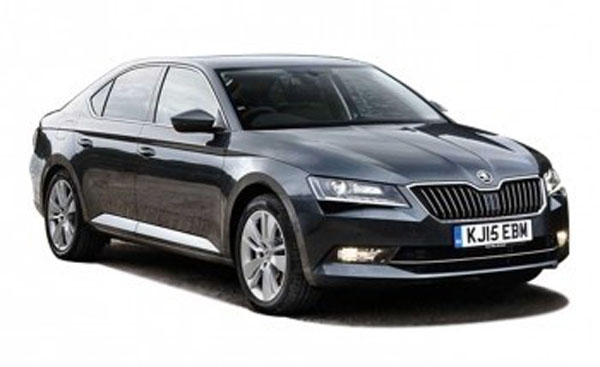petrol versions of all its existing models in the country by the first quarter of next year. The announcement comes in the wake of the ban on diesel cars with an engine capacity of 2000cc or more in Delhi NCR. Though the stoppage has now been lifted, manufacturers in India are working to adapt to the shift in buyers’ preference. First issued in December 2015, it wasn’t till August 2016 that Supreme Court decided to lift the embargo on big diesel vehicles in lieu of a green tax.
Interestingly Audi isn’t the only automaker to opt for introduction of petrol engines on all its models in the country. In July 2016, Mercedes-Benz announced its plan to introduce petrol iterations of all the models in its Indian line-up by September as it endeavoured to tide over the diesel ban in Delhi NCR.
Audi estimates it may lose nearly Rs 760 crore worth of sales this year due to the overall impact on consumer sentiment created by the diesel ban and different excise rates for diesel vehicles, which was imposed in the Budget. Joe King, Head, Audi India, said, “This year has been a very difficult one as customers are confused due to the issues such as ban of diesel in Delhi-NCR and different excise duties imposed on those vehicles. They had postponed purchases. It has been a real challenge changing our business strategy overnight from a predominantly diesel to petrol due to an out of the blue decision by the NGT and the Supreme Court.” He said that this change in policy also affected its customers’ purchases in other regions.
King added, “Now there is a significant shift in demand for petrol vehicles. So we will ensure that all our models sold in India will have both petrol and diesel options by the first quarter of next year.” Talking about a petrol option for the company’s best-seller, Q7, he said it “isn’t far away”.
PTI

